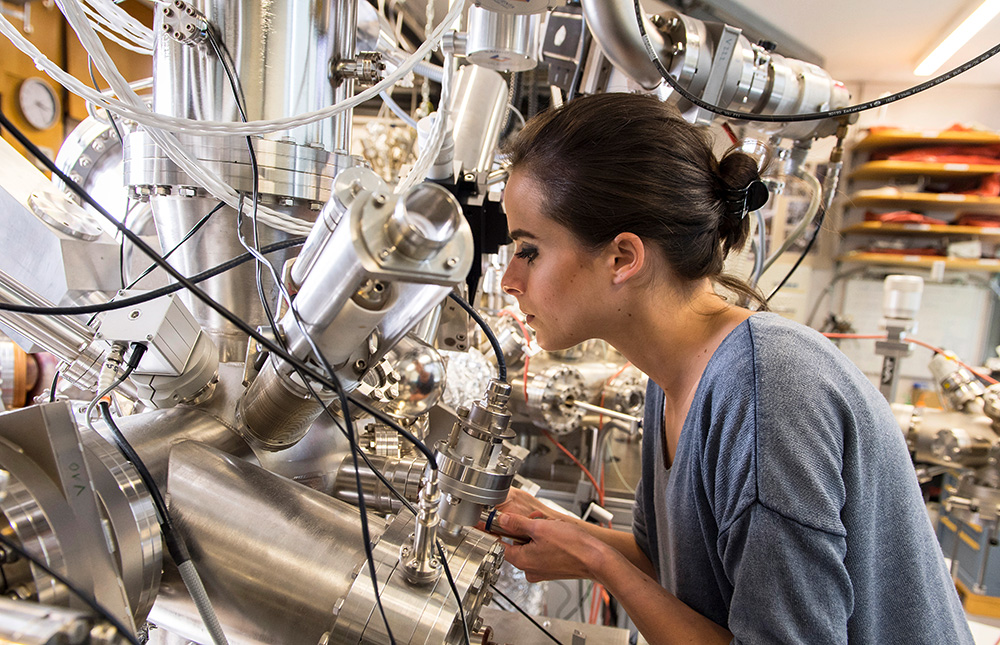Four Moroccan physicists have earned a spot among the 200 most influential researchers in the world, according to the 2025 edition of the AD Scientific Index. In a global research landscape where Morocco often struggles for visibility, this recognition marks a significant achievement for the country’s scientific community.
The AD Scientific Index ranks researchers based on the H-index—a metric that reflects both the volume of their published work and the frequency with which it’s cited by other academics. With data drawn from over 2.6 million scientists worldwide, fewer than 0.3% of those listed are affiliated with Moroccan institutions. Yet, four Moroccan physicists have distinguished themselves in this highly competitive field.
Leading the group is Abdeslam Hoummada, a professor at Hassan II University in Casablanca. A renowned expert in particle physics, he ranks 44th globally in his discipline with an impressive H-index of 277. Over the past five years alone, he has published 160 papers, each cited at least 277 times—a clear testament to the enduring impact of his work on international research efforts.
Also based at Hassan II University, Driss Benchekroun stands out for his work in nuclear and high-energy physics. He holds the 150th spot worldwide, with an H-index of 249. In the last five years, 153 of his papers have reached that same citation threshold, underscoring his consistent academic influence.
Meanwhile in Rabat, two researchers from Mohammed V University have also earned global recognition. Farida Fassi, a former collaborator with CERN and an expert in data analysis and high-energy physics, ranks 179th with an H-index of 245. She has authored 160 articles over the last five years that each match this high citation count. Close behind her is Rajaa Cherkaoui El Moursli, who focuses on medical physics and its applications in healthcare. Her research ranks her 183rd, with an H-index of 246, supported by 165 publications reaching that citation benchmark in the same period.
Globally, the top of the index is still dominated by researchers from Spain and South Korea. However, the inclusion of Moroccan scientists in this elite ranking highlights a promising shift. While the country’s scientific output remains relatively modest, these individual successes signal a rising tide. Behind each name is a broader movement—an emerging generation of Moroccan researchers determined to make their mark on the international stage.
